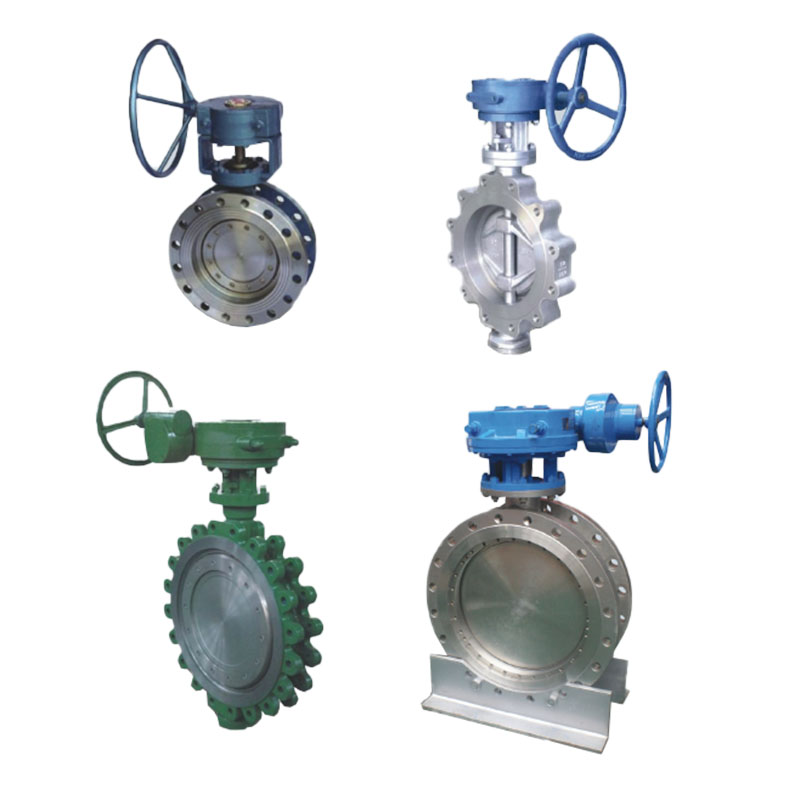Zhejiang Shunlin Valve Co., Ltd. is China Flange Valve Manufacturers, we are design and manufactures API standard valves (globe valves, gate valves, check valves, ball valves).
Floating Ball Valves: Efficiency and Reliability in Fluid Control Systems
Update:2023-05-09 16:28:30 Tuesday
Summary:
Fluid control systems play a vital role in various industries, ensuring the safe and efficient transportation of liquids and gases. Within these systems, floating ball valves have emerged as a popular choice for their reliability, versatility, and e......
Fluid control systems play a vital role in various industries, ensuring the safe and efficient transportation of liquids and gases. Within these systems, floating ball valves have emerged as a popular choice for their reliability, versatility, and excellent sealing capabilities. In this article, we explore the features and benefits of floating ball valves, highlighting their significance in fluid control applications.
Floating ball valves are designed to control the flow of fluids with precision and efficiency. The valve's spherical-shaped ball, which is free to move within the valve body, acts as the control mechanism. By rotating the ball, the flow can be regulated smoothly, allowing for precise adjustment of the fluid's rate and pressure. This efficient flow control is particularly crucial in industries such as oil and gas, chemical processing, and water treatment, where accurate fluid management is essential.
The sealing performance of floating ball valves is exceptional, ensuring tight shut-off and preventing leakage. When the valve is closed, the pressure of the fluid forces the ball against the valve seat, creating a reliable seal. This sealing mechanism makes floating ball valves suitable for applications requiring bubble-tight closure and minimal leakage, providing enhanced safety and preventing wastage of valuable fluids.
Floating ball valves are highly versatile and compatible with a wide range of fluids, including corrosive chemicals, water, oil, and gases. The valves are available in various materials, such as stainless steel, brass, and plastic, which can withstand different operating conditions and fluid compositions. This versatility allows for the seamless integration of floating ball valves into diverse industrial processes, making them suitable for both high-pressure and low-pressure applications.
Floating ball valves require low operating torque, making them easy to operate manually or with automated control systems. The spherical shape of the ball reduces friction during rotation, resulting in smooth valve actuation. This low torque requirement ensures efficient and effortless operation, even in systems with high flow rates or challenging operating conditions. Additionally, the low operating torque minimizes wear and tear, prolonging the lifespan of the valve.
Floating ball valves are designed for durability and minimal maintenance requirements. Their simple design and fewer moving parts reduce the risk of mechanical failure, resulting in reliable performance over extended periods. Routine maintenance, such as lubrication and inspection, ensures optimal valve operation and longevity. This characteristic makes floating ball valves a cost-effective solution for fluid control systems, as they require fewer resources and less downtime for maintenance and repairs.
Floating ball valves offer efficiency, reliability, and versatility in fluid control applications across various industries. Their ability to regulate fluid flow with precision, along with their reliable sealing performance, ensures the safe and efficient transportation of liquids and gases. With low operating torque and minimal maintenance requirements, floating ball valves are cost-effective and provide long-lasting performance. Whether it's in chemical processing, oil and gas, water treatment, or other fluid control systems, floating ball valves play a critical role in maintaining efficient operations and ensuring the integrity of fluid flow.



 English
English 中文简体
中文简体 русский
русский







